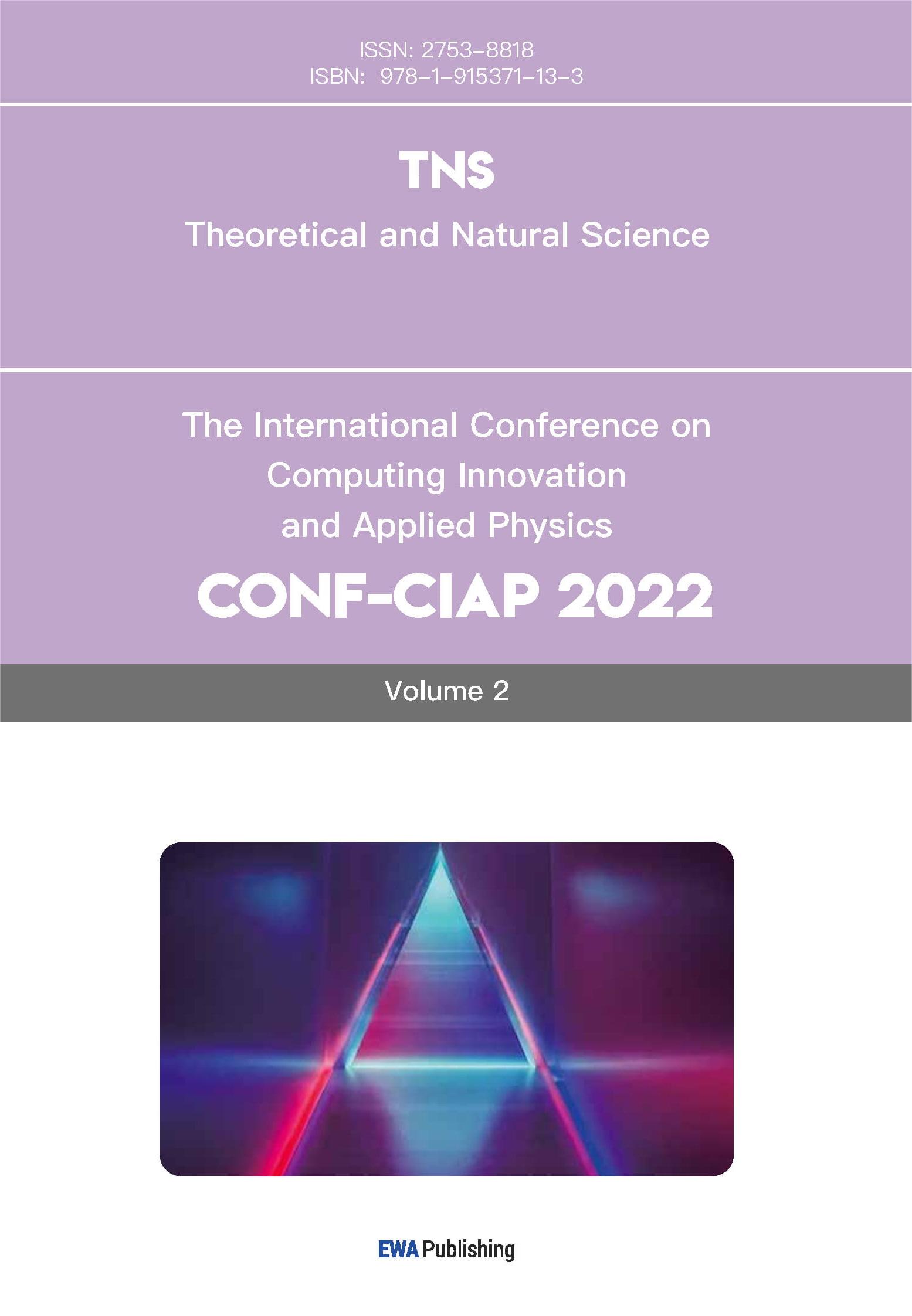References
[1]. Chong, R. J. J., Kirpalani, A., Moreland, R., et al. (2025). Artificial Intelligence in Gastrointestinal Imaging: Advances and Applications. Radiologic clinics of North America, 63(3): 477-490.
[2]. Zheng, L., Jin, W. D., Yu, W. H., et al. (2025). Application of AI in the identification of gastrointestinal stromal tumors: a comprehensive analysis based on pathological, radiological, and genetic variation features. Frontiers in Genetics, 161555744-1555744.
[3]. Wojtulewski, A., Sikora, A., Dineen, S., et al. (2024). Using artificial intelligence and statistics for managing peritoneal metastases from gastrointestinal cancers. Briefings in functional genomics.
[4]. Li, G. R. (2024). Analysis of the Current Status of Digestive Endoscopy Graphic System and Construction of an Artificial Intelligence-based Quality Control Model for Upper Gastrointestinal Endoscopy. People's Liberation Army Navy Medical University. DOI: 10.26998/d.cnki.gjuyu.2024.000170
[5]. Song, J., Yan, X. X., Zhang, L. F., et al. (2024). Unveiling the secrets of gastrointestinal mucous adenocarcinoma survival after surgery with artificial intelligence: A population-based study. World journal of gastrointestinal oncology, 16(6): 2404-2418.
[6]. Luo, Y., Li, G. H. (2024). Research progress on the application of artificial intelligence in the diagnosis, treatment, and prognosis of gastrointestinal tumors. Cancer, 44(03): 269-277.
[7]. Cui, H. M. (2023). Research on Prediction of Short-Term Complications after Gastric and Gastrointestinal Tumor Surgery Based on Artificial Intelligence. Qingdao University. DOI: 10.27262/d.cnki. gqdau.2023.000483.
[8]. Tian, W., Wang, B., Yao, J., et al. (2024). Preliminary Clinical Study on 5G Remote Surgical Robot-Assisted Hiatal Hernia Repair and Gastric Fundus Folding Surgery. Chinese Journal of Practical Surgery, 44(10): 1171-1173. DOI: 10.19538/j.cjps.issn1005-2208. 2024.10.18.
[9]. Liang, X., Zheng, J. H., Li, Z. Y., et al. (2024). Preliminary Study on 5G Remote Surgical Robot-Assisted Hepatobiliary and Pancreatic Surgery. Chinese Journal of Practical Surgery, 44(11): 1291-1294. DOI: 10.19538/j.cjps.issn1005-2208.2024.11.20.
[10]. Li, S. Y., Wen, W., Dai, F. Y., et al. (2024). Preliminary Clinical Study on Ultra-Remote Surgical Robot-Assisted Radical Resection of Rectal Cancer. Chinese Journal of Practical Surgery, 44(03): 308-311. DOI: 10.19538/j.cjps.issn1005-2208.2024.03.15.



